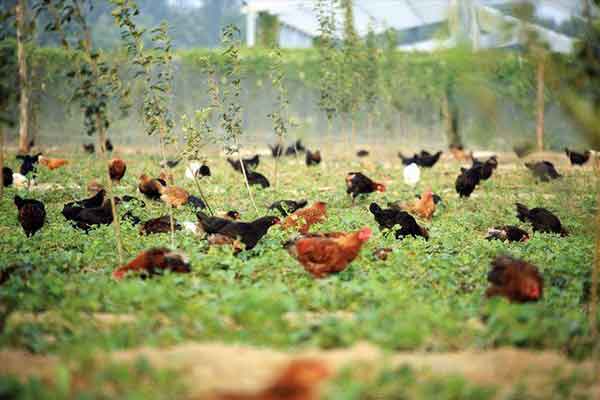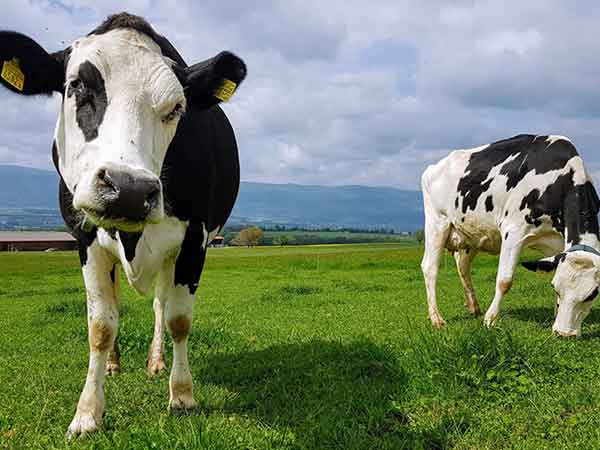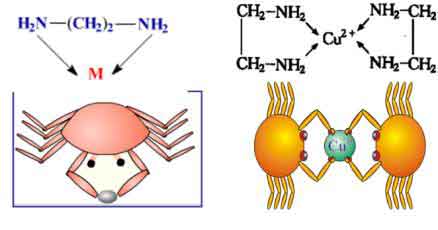What are chelated minerals?
Chelated Minerals in animal nutrition are firstly chelated. The word “chelate” comes from the modern latin term “chele” meaning “lobster claw”. This vividly explains how the chelates are formed, that is, the active ion was grasped by some other ions like a claw to make sure the active ion will be bonded tightly and be utilized by the targets.
In the minerals industry, this kind of technology has been used to bond essential trace minerals including zinc, copper, manganese, iron, selenium, chromium, etc. onto one or more types of amino acids.
How do the chelated minerals work?
When the minerals are tightly bonded onto amino acid(s), a new ligand will be formed and it will have strong resistance ability when passing the strong acid environment in the stomach and will arrive the target tissue with no loss.
What are the benefits of chelated minerals?
Chelated minerals are also called organic minerals, comparing to the inorganic minerals such as sulphates, chlorides, etc. There are many advantages to use chelated minerals than inorganic ones since minerals are bonded. Firstly, there is less mineral waste when in the stomach thus it is more cost-effective — on the contrary, inorganic minerals will be broken down by the strong acid in the stomach; most importantly, the whole chelated molecule will be absorbed as a whole, not only by the amino acid path but also the peptide path and this will maximize the utilization of minerals function by the body.
What types of chelated minerals are there?
Classifying by the amino acid used, there are lysine chelated minerals, glycine chelated minerals, methionine chelated minerals, mixed amino acid chelated minerals, and other amino acid (specify) chelated minerals. In the feed market, mixed amino acid chelated minerals and glycine amino acid chelated minerals are more widely used.
Classifying by the type of chelation, there are complex, chelation and others. Complex means 1 mol of metal ion bonded with 1 mol amino acid ion and chelation means 1 mol of metal ion bonded with more than 1 mol of amino acid.
Chelated minerals for poultry
Trace minerals are always importance for poultry feed. Inadequate feeding minerals would cause mineral-deficiencies for the poultry and then a number of health problems. But the inorganic minerals, for example, sulphates have very low bioavailability in the poultry body and are harmful to the poultry body. Chelated minerals are designed to solve these problems. Amino Acid Chelated Minerals are more chemically stable and are much easier to be absorbed.

Chelated minerals for ruminants
Minerals help to improve the performance including immunity, reproduction and production for ruminants. Failure to meet the mineral requirements can result in decreased animal wellbeing, decreased productivity and increased production losses.
Compared to inorganic minerals, chelated minerals have higher bioavailability. Chelated minerals can be included at much lower levels in the diet than the current recommendations for inorganic minerals, without any negative effect on ruminants. It is suggested that minerals can be supplemented in combination of inorganic and organic sources at two-third and one-third levels of requirements, respectively to obtain the maximum performance in ruminants in a cost-effective manner to enhance their economic production.

Chelated Minerals for swine
Minerals might be a small percentage of the diet to swine, but they play an important role, especially the trace minerals including Fe, Zn, Cu, Mn, Se and I. For example, Iron is necessary to the piglet because they are born with a limit supply of Fe while iron is necessary to prevent anemia in newborn pigs.
Chelated minerals provide highly bioavailable source of trace minerals to pigs in all stages of production, from sow to the fatteners. Chelated minerals are helpful to optimize swine performance, boost immunity and gut health and improve the bottom line.



